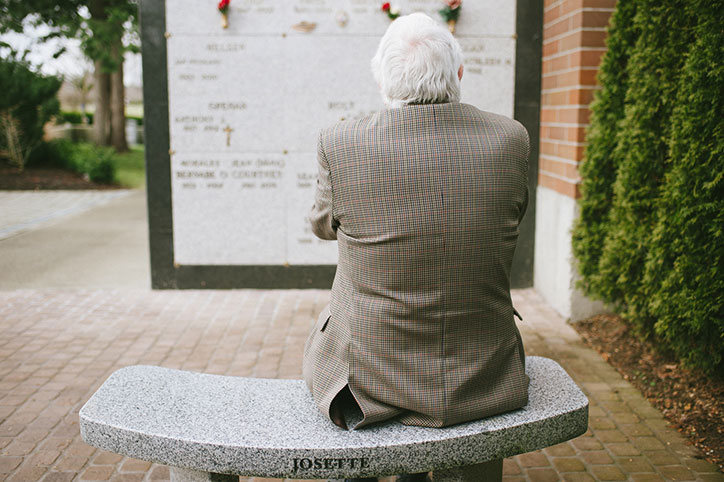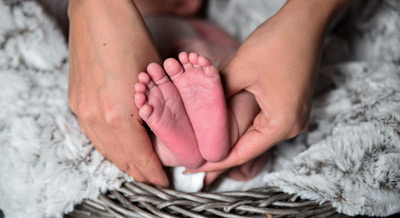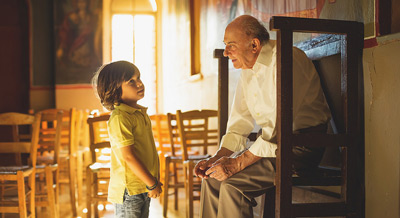
Understanding Grief

“No one ever told me that grief felt so like fear. I am not afraid, but the sensation is like being afraid. The same fluttering in the stomach, the same restlessness, the yawning. I keep on swallowing.”
“At other times it feels like being mildly drunk, or concussed. There is a sort of invisible blanket between the world and me. I find it hard to take in what anyone says. Or perhaps, hard to want to take it in. It is so uninteresting. Yet I want the others to be about me. I dread the moments when the house is empty. If only they would talk to one another and not to me.”
– C.S. Lewis, A Grief Observed
Experiencing grief is a human way of responding to the trauma caused by the anticipated or permanent death of a loved one. When coping with the loss of a loved one, it is important to first acknowledge the presence of grief in your life in order to start getting through it.
Elisabeth Kübler-Ross, a Swiss-American psychiatrist, pioneered studies on grief and loss and published a book called On Death and Dying. Her research identified five main stages of grief. It’s important to note that not everybody experiences the five stages in the same sequential pattern. While some people spend a longer amount of time in a particular stage more than others, it is also possible for an individual to find him or herself returning to one phase before moving on to another. According to research done by Elisabeth Kübler-Ross and David Kessler, these stages are “responses to feelings that can last for minutes or hours as we flip in and out of one and then another. We do not enter and leave each individual stage in a linear fashion. We may feel one, then another and back again to the first one.”
- Denial
In this stage, the world becomes restless and overwhelming; a person can be experiencing shock and denial. In some ways, the experience of denial allows an individual to only process what he or she can handle at the time. - Anger
Anger is an important emotional experience in the healing process. Anger can be directed towards people or towards situations. It is an acknowledgement of the intensity of love that you have felt towards the person that recently passed away. - Bargaining
Bargaining is often the heart’s desire to return to a previous time; a desire to restore the life of a loved one. This is often accompanied by guilt. - Depression
Grief enters life in a much deeper level than anticipated and the heavy emotion may feel as if it is going to last forever. Often seen as something unnatural that one must “snap out of”, depression is one of the necessary steps along the way of coping with loss. - Acceptance
This phase is about accepting the reality that a loved one has physically departed this life and that will not be returning again. It is not about being “okay” with the loss; it’s about the recognition that a permanent change has occurred and is now part of the individual’s new reality.
Source: http://grief.com/the-five-stages-of-grief/
Read more: Misconceptions About the Five Stages of Grief
Courtesy of Catholic Cemeteries of the Archdiocese of Vancouver
Talk to a Deacon
Your parish clergy are a wonderful resource for you during this time of loss. As an extension of your parish, our deacons at Catholic Cemeteries are also available to offer prayer, comfort and consolation to you and your family.
Deacon Steve Hill
Deacon Jim Tardy
Deacon Norm Tierney






